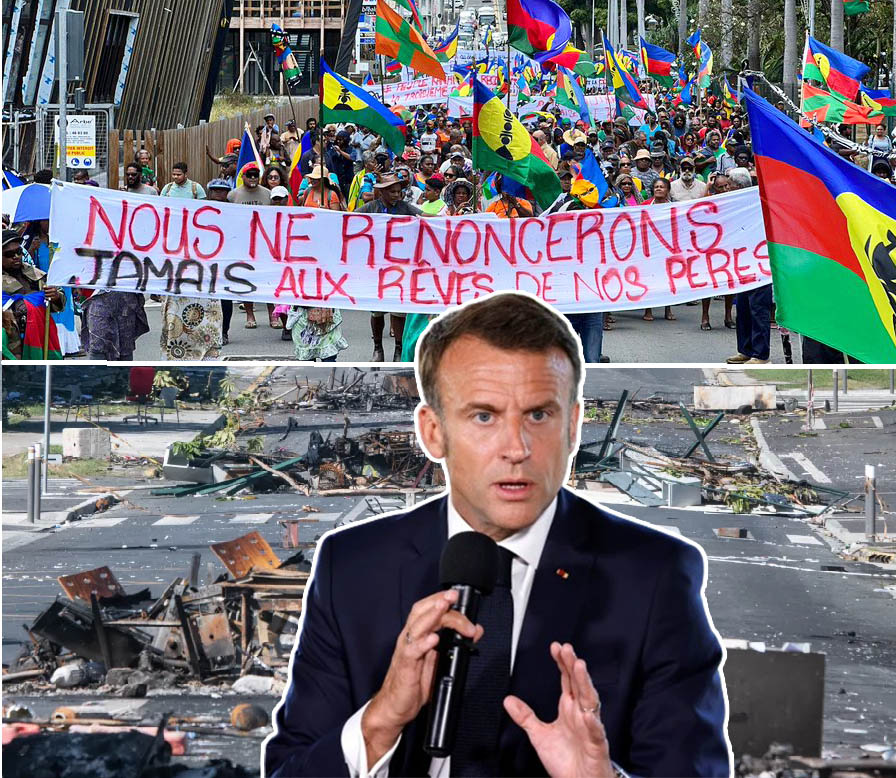
- The unrest stems from a new reform bill announced by President Macron which allows those who have been living in New Caledonia for the last 10 years to vote in provincial elections.
- The ongoing unrest is impacting tourism and causing significant concern for both the local population and the French government.
- The contentious referendum in 2021 was marked by a very low voter turnout as most chose to boycott due to the Indigenous population’s desire for independence from France.
New Caledonia is a French overseas territory situated east of mainland Australia. It has recently witnessed significant civil unrest, prompting President Emmanuel Macron to visit the region. The unrest stems from a new reform bill announced by President Macron. According to the proposed changes, people who have been living in New Caledonia for the last 10 years will be allowed to vote in provincial elections. Previously, only those who had been living there since before 1998 were eligible to vote.
This reform has caused tension because it impacts the political representation and interests of the local Indigenous community i.e. Kanak community The new voting eligibility is seen as diminishing the influence and political power of the indigenous population, leading to widespread dissatisfaction and protests.
President Macron is not the President of New Caledonia; however, as New Caledonia is a French overseas territory, he acts as its head of state. The territory is represented by a High Commissioner of France stationed in New Caledonia. Civil unrest, protests, and demonstrations are not new to the Pacific Island nations, and New Caledonia is no exception. The region has been experiencing demands for greater political representation and better economic conditions, as well as necessities.
Several referendums on independence have been held in recent years. The most recent and contentious referendum was in 2021, marked by a very low voter turnout. Officially, only 44% of the population voted, as many chose to boycott the referendum. This low turnout was primarily due to the indigenous population’s desire for independence from France, leading them to abstain from voting.
In response to the recent unrest, a state of emergency has been declared in New Caledonia. Police and even defence forces have been deployed to maintain regional stability and order. The ongoing unrest is impacting tourism and causing significant concern for both the local population and the French government.
On the evening of May 27th, French officials announced that the state of emergency in the French overseas territory of New Caledonia would be lifted. President Emmanuel Macron expressed his desire for political consultations with the local Kanak community, aiming for a political, transparent, and peaceful solution.
The unrest in New Caledonia is not an isolated issue but is part of a broader context of domestic and international instability faced by France. President Macron has been dealing with continuous protests and demonstrations within France. These challenges come at a time of geopolitical complexity, with upcoming European Union parliamentary elections scheduled for June and France’s next presidential elections approaching in the coming years.
It will be interesting to see how these international issues will impact President Macron’s domestic stability and his ambitions for leadership within the European Union.
Aayush Pal is a freelance writer on contemporary geopolitical developments. The views expressed in his work are entirely his own.
